The demand for perfume oil is at its peak during the season of fasting.
The image of Mohammed Ali Road during Ramzan has become synonymous with iftar offerings — meats and sweets, mountains of dates and dry fruits. There is however a side to Mohammed Ali Road that is equally popular, a more fragrant side. The area is one of the biggest attar (perfume oil) markets in India and during Ramzan sees a steep rise in sales.
“This is one month during which the maximum number of people go to the mosque to offer prayers. Many of them apply attar to keep the shrines from smelling of body odour. During this period we do two to three times the business done in the rest of the year,” says Ismail Attarwala of Nemat Fragrances and Essential Oils at Mohammed Ali Road. His family started this business over 150 years ago in Udaipur and brought it to Mumbai in 1940.
Attarwala is among the few who keeps only natural attar. He has a rose cultivation farm in Haldighati in Udaipur and not only sells fragrances but also blends them. “Natural attar is extremely expensive, but people still buy it. The western world uses fragrances mainly to attract people of the opposite sex, in our culture it also has spiritual significance. People buy attar from us even during Diwali, Navratri and other religious occasions,” he says.
Certain natural attars that used to cost around Rs10,000 for 10 grams have been banned to prevent poaching of endangered species that lent ingredients to these fragrances. According to traders, traditional fragrances, such as Gulab, Majmua, Firdaus, Kewra are the best selling. But in past few years Oud, which has a woody fragrance, is also doing very well.
Nivedita Assar is the vice president of Fragrances and Flavours Association of India (FAFAI), a private association established in 1949 with 750 members across the country, She says, “Mohammed Ali Road and Princess Street in Mumbai, Tilak Street in Delhi and Ezra Street in Kolkata are the biggest attar markets in India, and sale of attar is highest during Ramzan.”
Hozefa Godhrawala of Hamidi Oud and Perfumes, a Dubai brand that has a store in Mohammed Ali Road, explains the reason. “Alcohol is prohibited in Islam and all perfumes have some percentage of it. That’s why Muslims in general prefer attars to perfumes, especially during Ramzan. 80% of our stock is attar and only 20% is perfumes.” Hamidi Oud and Perfumes, keeps both synthetic and natural attars in the price-range of Rs600 to Rs4,000 for 10ml bottles.
Small shops and attar stalls on Mohammed Ali Road, especially ones around the mosques, give people an option of applying attar without purchasing bottles.
They make a faya (a long metallic stick covered with cotton that looks like a ear bud), dip it in attar and apply it to customers. The used cotton is thrown and a new one is taken for each new customer.
“It is good smell good when you’re going for namaz. We apply attar with the faya on people’s ears if they don’t want to buy an entire bottle. The distance between the ear and nose is less, so the person will keep getting the smell, and also people who passes them or pray besides them. Some people also apply it to their beard, lower portion of the hair and forehead,” says Ahmed Ali who works for a small street shop on the Mohammed Ali Road. He charges Rs5 for regular attar and Rs10 for a slightly better variant. His customers are largely impulse buyers.
Ali, who is from a small village in UP, says the use of attar before going to mosques has urban roots. “Attar is something that people buy over and above basic necessities like food. Villagers will think twice before spending on it. But unlike villages, not everyone in the city has good access to water — sometimes slum dwellers don’t get to bathe for days at a stretch. This is also one of the reasons it sells so well in cities.”
![submenu-img]() DU Admission 2024: Delhi University launches admission portal to 71000 UG seats; check details
DU Admission 2024: Delhi University launches admission portal to 71000 UG seats; check details![submenu-img]() Guardians of Cybersecurity: Inside Santosh Kumar Kande's Mission to Protect Corporate Networks
Guardians of Cybersecurity: Inside Santosh Kumar Kande's Mission to Protect Corporate Networks![submenu-img]() Meet man who leads Rs 642000 crore govt company, not from IIT, IIM
Meet man who leads Rs 642000 crore govt company, not from IIT, IIM![submenu-img]() Former RBI Governor Raghuram Rajan to join Congress? He says, ‘Rahul Gandhi is…’
Former RBI Governor Raghuram Rajan to join Congress? He says, ‘Rahul Gandhi is…’![submenu-img]() Maharagni teaser: Kajol looks badass, beats up goons in action-packed first look, fans call her 'lady Singham'
Maharagni teaser: Kajol looks badass, beats up goons in action-packed first look, fans call her 'lady Singham'![submenu-img]() DU Admission 2024: Delhi University launches admission portal to 71000 UG seats; check details
DU Admission 2024: Delhi University launches admission portal to 71000 UG seats; check details![submenu-img]() Meet IAS officer, who became UPSC topper in 1st attempt, sister is also IAS officer, mother cracked UPSC exam, she is...
Meet IAS officer, who became UPSC topper in 1st attempt, sister is also IAS officer, mother cracked UPSC exam, she is...![submenu-img]() Meet student who cleared JEE Advanced with AIR 1, went to IIT Bombay but left after a year due to..
Meet student who cleared JEE Advanced with AIR 1, went to IIT Bombay but left after a year due to..![submenu-img]() Meet man who used to walk to work, eat free meals, left high-paying corporate job at 29 due to...
Meet man who used to walk to work, eat free meals, left high-paying corporate job at 29 due to...![submenu-img]() Meet woman who left high-paying job as NASA scientist to crack UPSC exam twice, became IRS then IPS officer with AIR…
Meet woman who left high-paying job as NASA scientist to crack UPSC exam twice, became IRS then IPS officer with AIR…![submenu-img]() DNA Verified: Did Kangana Ranaut party with gangster Abu Salem? Actress reveals who's with her in viral photo
DNA Verified: Did Kangana Ranaut party with gangster Abu Salem? Actress reveals who's with her in viral photo![submenu-img]() DNA Verified: New Delhi Railway Station to be closed for 4 years? Know the truth here
DNA Verified: New Delhi Railway Station to be closed for 4 years? Know the truth here![submenu-img]() DNA Verified: Did RSS chief Mohan Bhagwat praise Congress during Lok Sabha Elections 2024? Know the truth here
DNA Verified: Did RSS chief Mohan Bhagwat praise Congress during Lok Sabha Elections 2024? Know the truth here![submenu-img]() DNA Verified: Is CAA an anti-Muslim law? Centre terms news report as 'misleading'
DNA Verified: Is CAA an anti-Muslim law? Centre terms news report as 'misleading'![submenu-img]() DNA Verified: Lok Sabha Elections 2024 to be held on April 19? Know truth behind viral message
DNA Verified: Lok Sabha Elections 2024 to be held on April 19? Know truth behind viral message![submenu-img]() Avneet Kaur shines in navy blue gown with shimmery trail at Cannes 2024, fans say 'she is unstoppable now'
Avneet Kaur shines in navy blue gown with shimmery trail at Cannes 2024, fans say 'she is unstoppable now'![submenu-img]() Assamese actress Aimee Baruah wins hearts as she represents her culture in saree with 200-year-old motif at Cannes
Assamese actress Aimee Baruah wins hearts as she represents her culture in saree with 200-year-old motif at Cannes ![submenu-img]() Aditi Rao Hydari's monochrome gown at Cannes Film Festival divides social media: 'We love her but not the dress'
Aditi Rao Hydari's monochrome gown at Cannes Film Festival divides social media: 'We love her but not the dress'![submenu-img]() AI models play volley ball on beach in bikini
AI models play volley ball on beach in bikini![submenu-img]() AI models set goals for pool parties in sizzling bikinis this summer
AI models set goals for pool parties in sizzling bikinis this summer![submenu-img]() DNA Explainer: Why was Iranian president Ebrahim Raisi, killed in helicopter crash, regarded as ‘Butcher of Tehran’?
DNA Explainer: Why was Iranian president Ebrahim Raisi, killed in helicopter crash, regarded as ‘Butcher of Tehran’?![submenu-img]() DNA Explainer: Why did deceased Iranian President Ebrahim Raisi wear black turban?
DNA Explainer: Why did deceased Iranian President Ebrahim Raisi wear black turban?![submenu-img]() Iran President Ebrahim Raisi's death: Will it impact gold, oil prices and stock markets?
Iran President Ebrahim Raisi's death: Will it impact gold, oil prices and stock markets?![submenu-img]() Haryana Political Crisis: Will 3 independent MLAs support withdrawal impact the present Nayab Saini led-BJP government?
Haryana Political Crisis: Will 3 independent MLAs support withdrawal impact the present Nayab Saini led-BJP government?![submenu-img]() DNA Explainer: Why Harvey Weinstein's rape conviction was overturned, will beleaguered Hollywood mogul get out of jail?
DNA Explainer: Why Harvey Weinstein's rape conviction was overturned, will beleaguered Hollywood mogul get out of jail?![submenu-img]() Maharagni teaser: Kajol looks badass, beats up goons in action-packed first look, fans call her 'lady Singham'
Maharagni teaser: Kajol looks badass, beats up goons in action-packed first look, fans call her 'lady Singham'![submenu-img]() Shikhar Dhawan on what made him turn talk show host for Dhawan Karenge, addresses Kapil Sharma comparison | Exclusive
Shikhar Dhawan on what made him turn talk show host for Dhawan Karenge, addresses Kapil Sharma comparison | Exclusive![submenu-img]() Panchayat season 3 public review: Fans hail Neena Gupta, Jitendra Kumar's 'emotional, unbeatable series', call it banger
Panchayat season 3 public review: Fans hail Neena Gupta, Jitendra Kumar's 'emotional, unbeatable series', call it banger![submenu-img]() Meet superstar who gave Bollywood's first Rs 100 crore film, quit acting at peak of her career, married man with..
Meet superstar who gave Bollywood's first Rs 100 crore film, quit acting at peak of her career, married man with..![submenu-img]() 'Is she engaged?': Avneet Kaur confuses fans as she flaunts ring, says 'can’t wait to tell the world about this union'
'Is she engaged?': Avneet Kaur confuses fans as she flaunts ring, says 'can’t wait to tell the world about this union'![submenu-img]() Anant Ambani-Radhika Merchant pre-wedding bash: Here's what Mukesh Ambani's guests will get to eat during ceremony
Anant Ambani-Radhika Merchant pre-wedding bash: Here's what Mukesh Ambani's guests will get to eat during ceremony![submenu-img]() Mukesh Ambani, Nita Ambani to celebrate Akash, Shloka's daughter Veda's birthday on cruise, check theme, other details
Mukesh Ambani, Nita Ambani to celebrate Akash, Shloka's daughter Veda's birthday on cruise, check theme, other details ![submenu-img]() Terra and Mare: Hidden meaning behind Mukesh Ambani's son Anant Ambani-Radhika Merchant's second pre-wedding bash theme
Terra and Mare: Hidden meaning behind Mukesh Ambani's son Anant Ambani-Radhika Merchant's second pre-wedding bash theme![submenu-img]() 'Simple, boring resume can get you...,' says former recruiter with Google, Apple, Samsung
'Simple, boring resume can get you...,' says former recruiter with Google, Apple, Samsung![submenu-img]() Mukesh Ambani's son Anant-Radhika Merchant pre wedding bash: Cruise set sails from Malta not from Miami due to...
Mukesh Ambani's son Anant-Radhika Merchant pre wedding bash: Cruise set sails from Malta not from Miami due to...
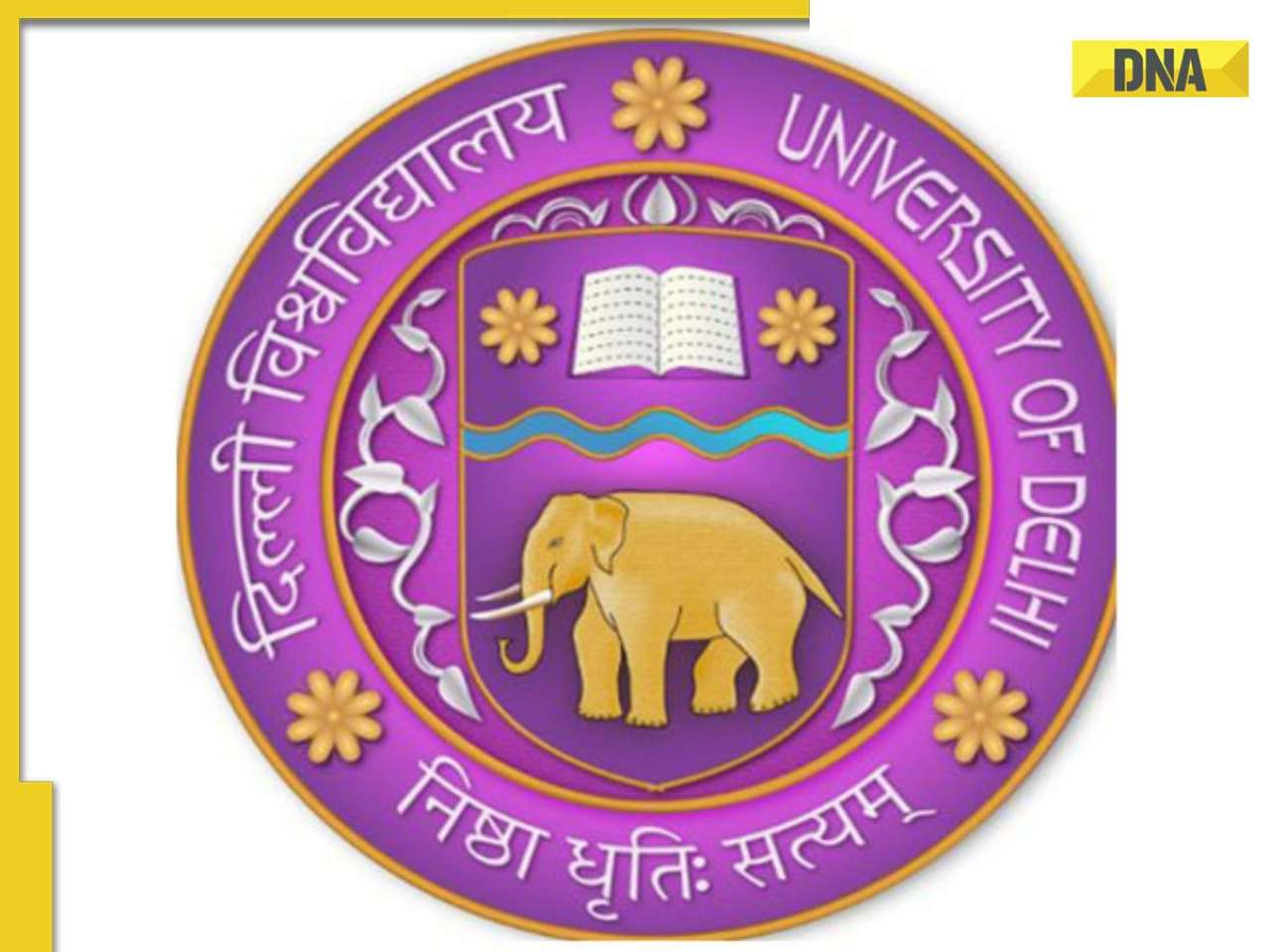











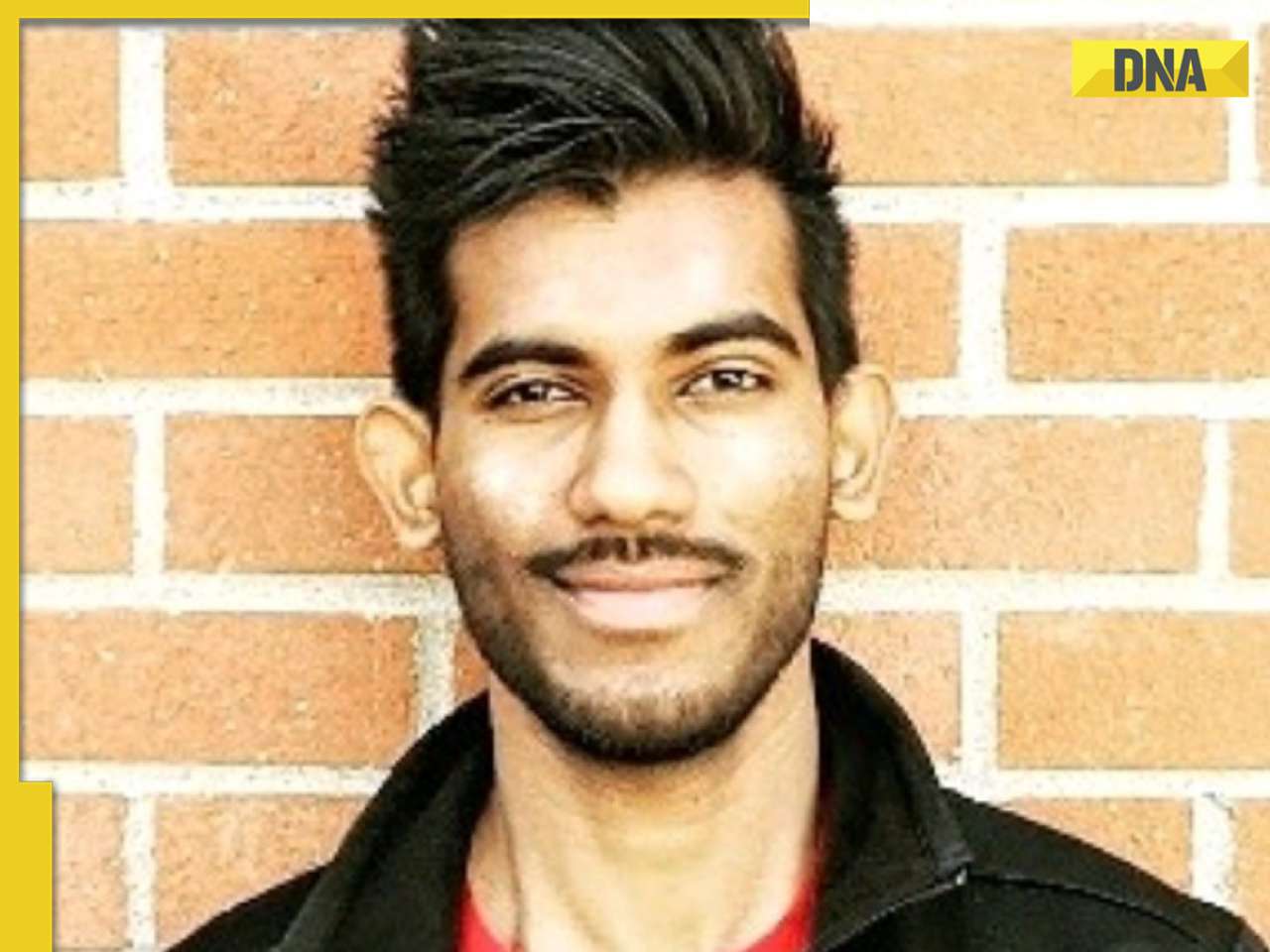
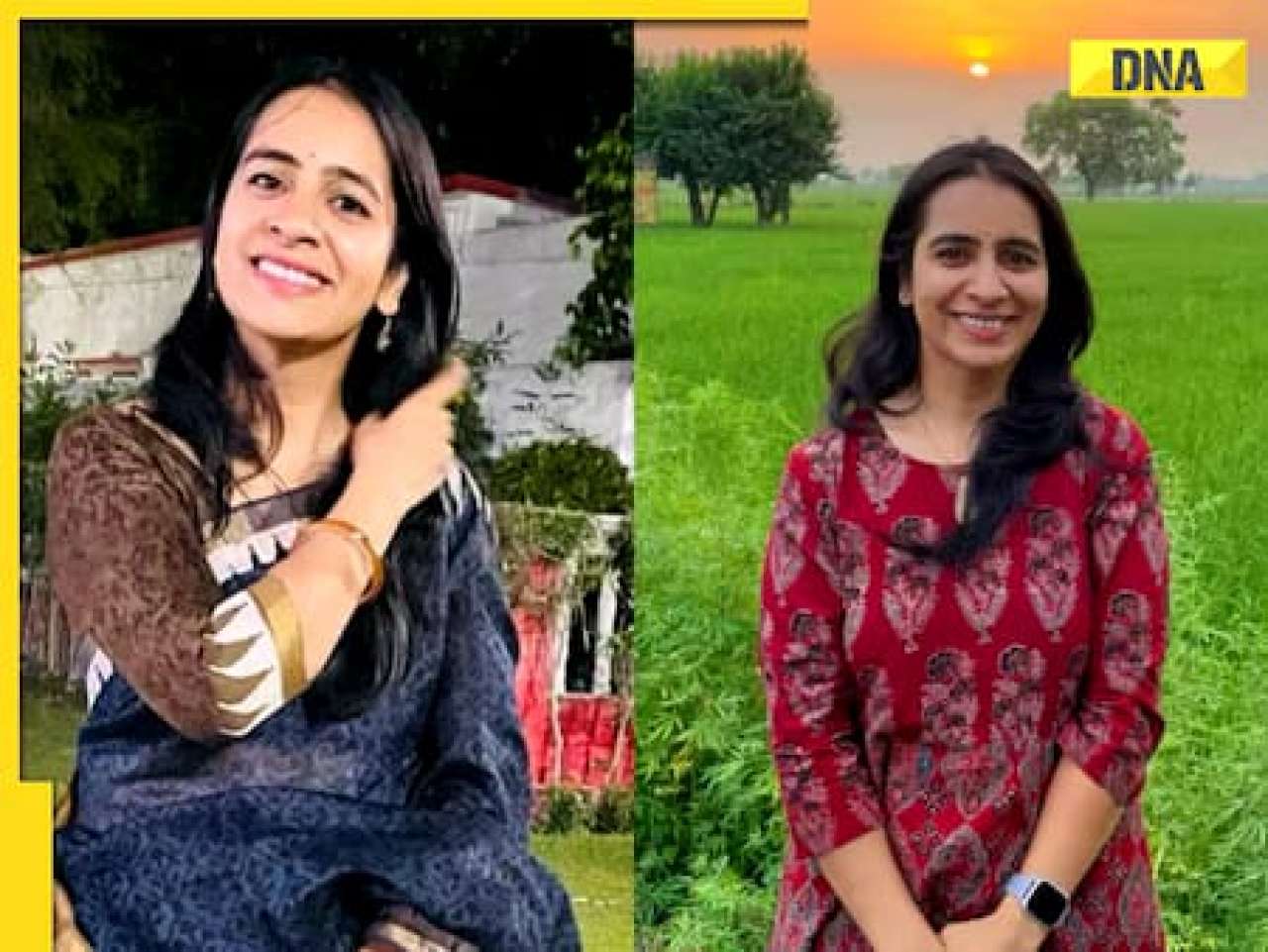
















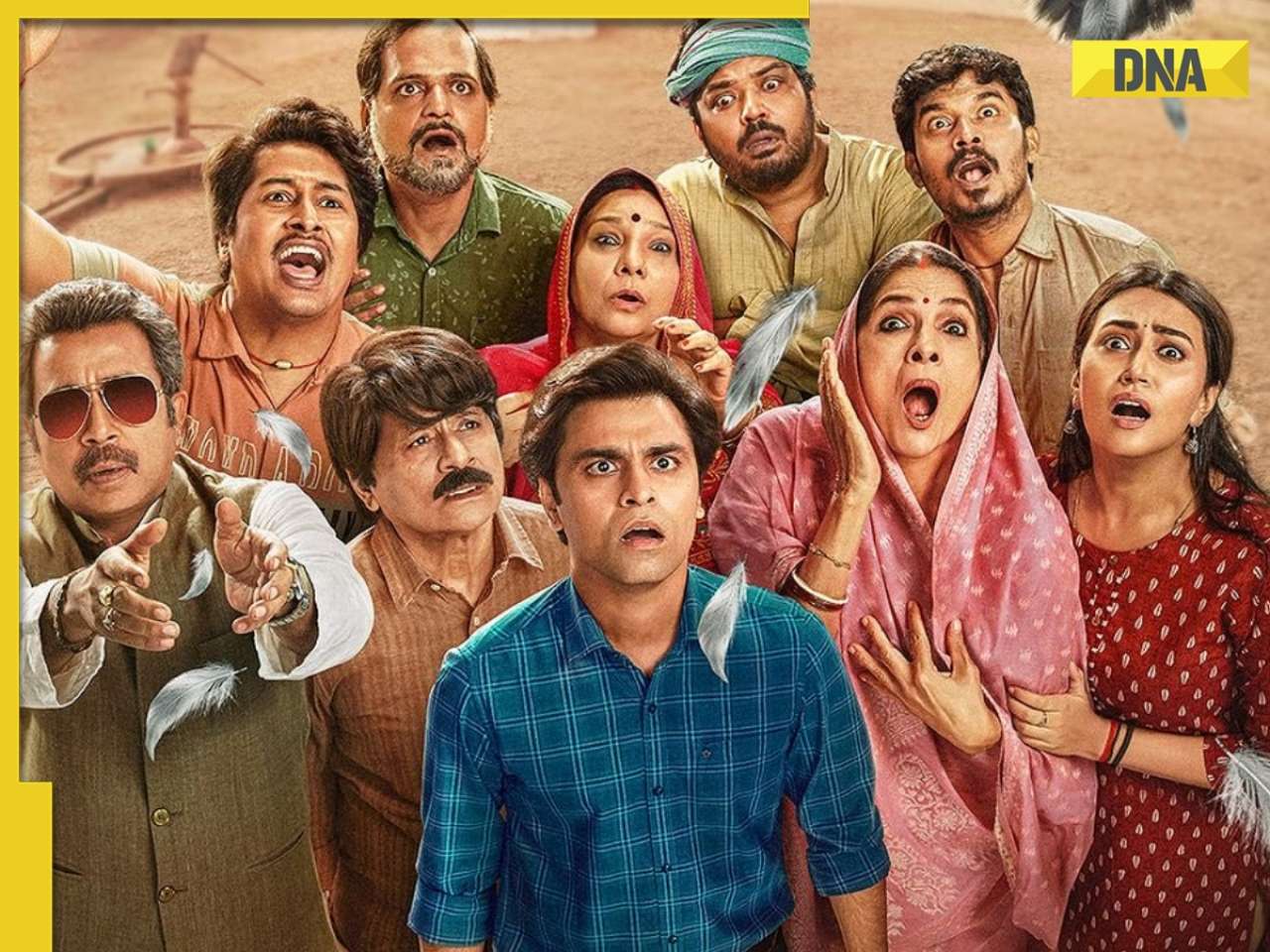


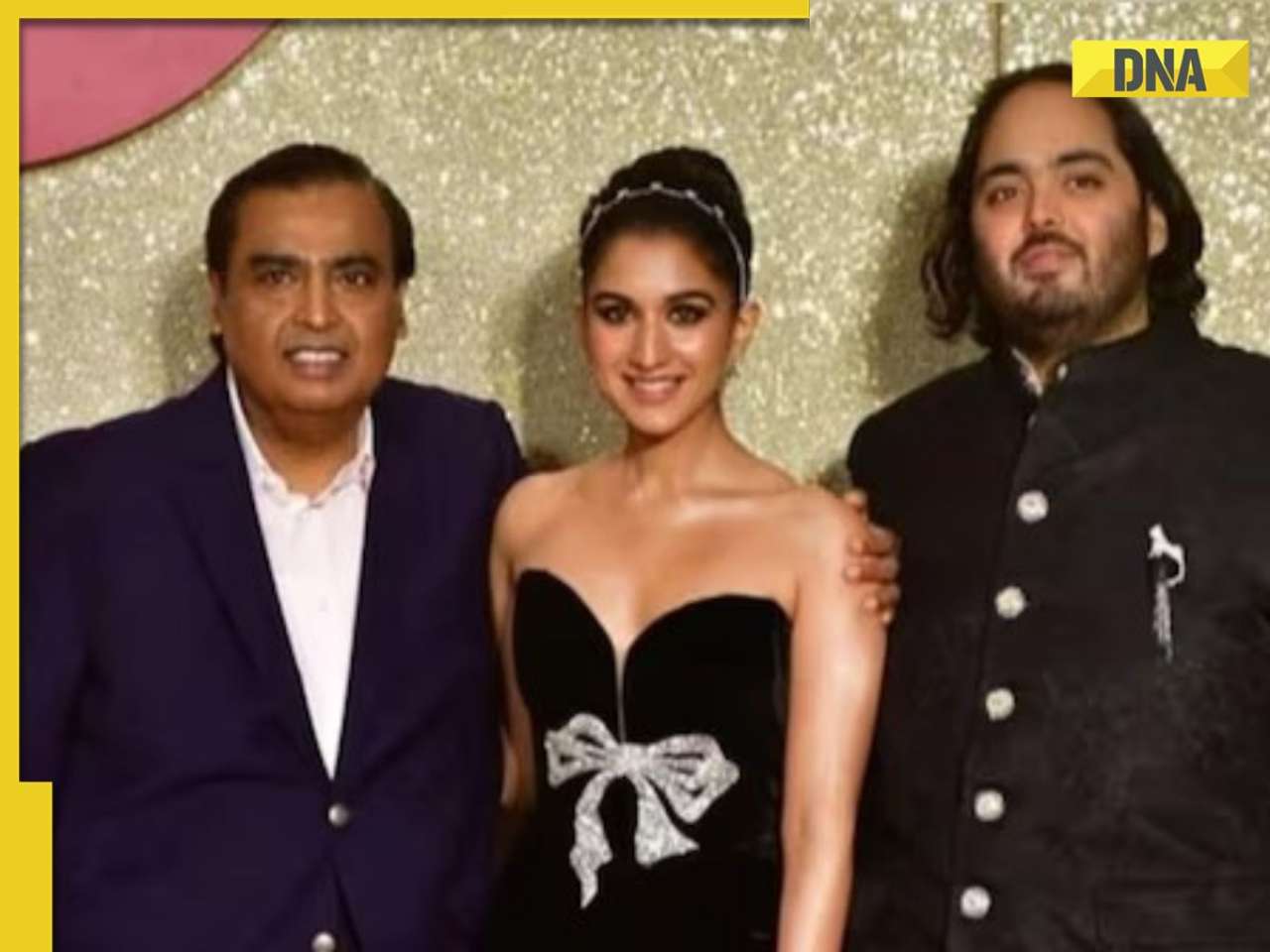
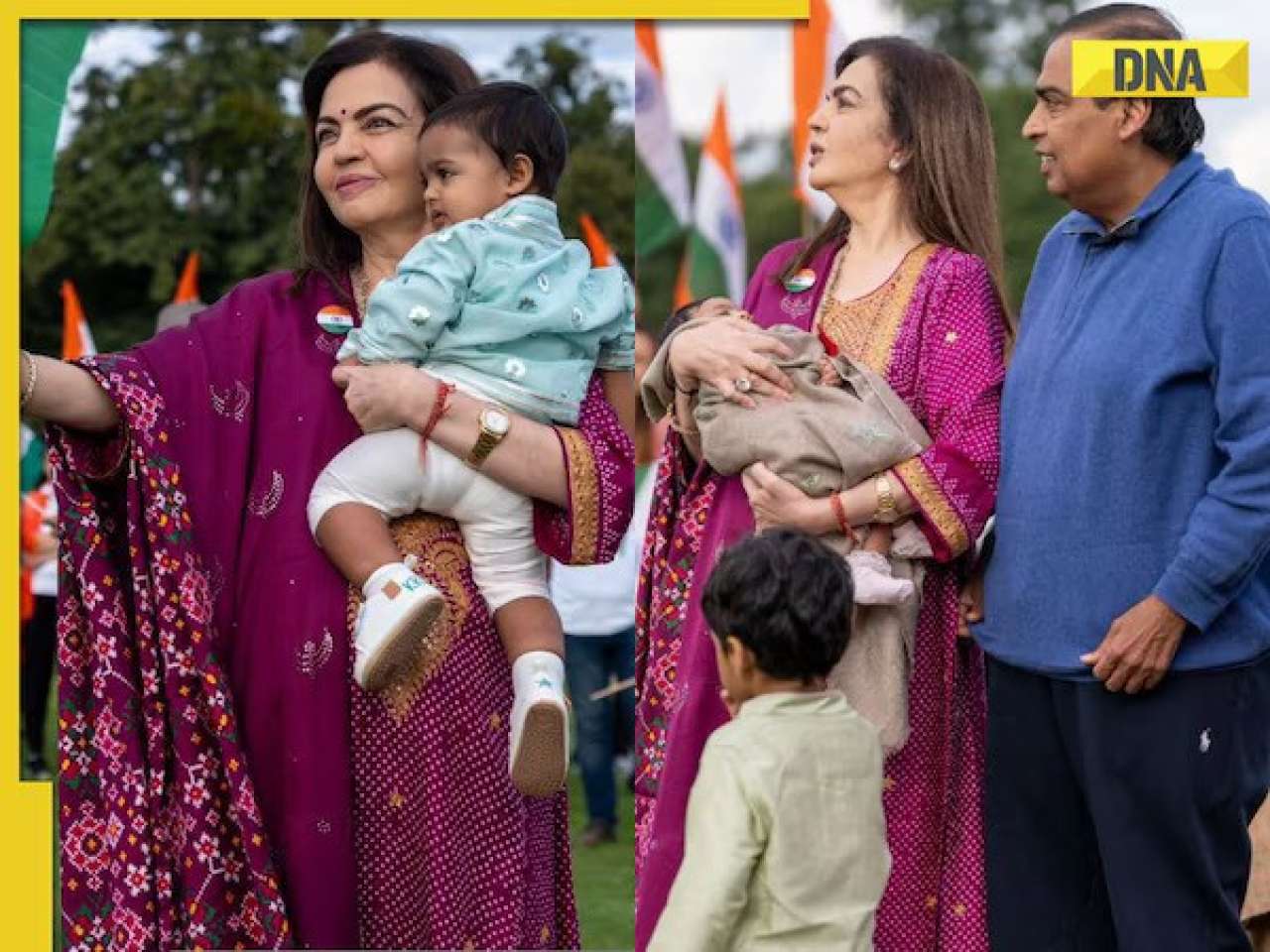
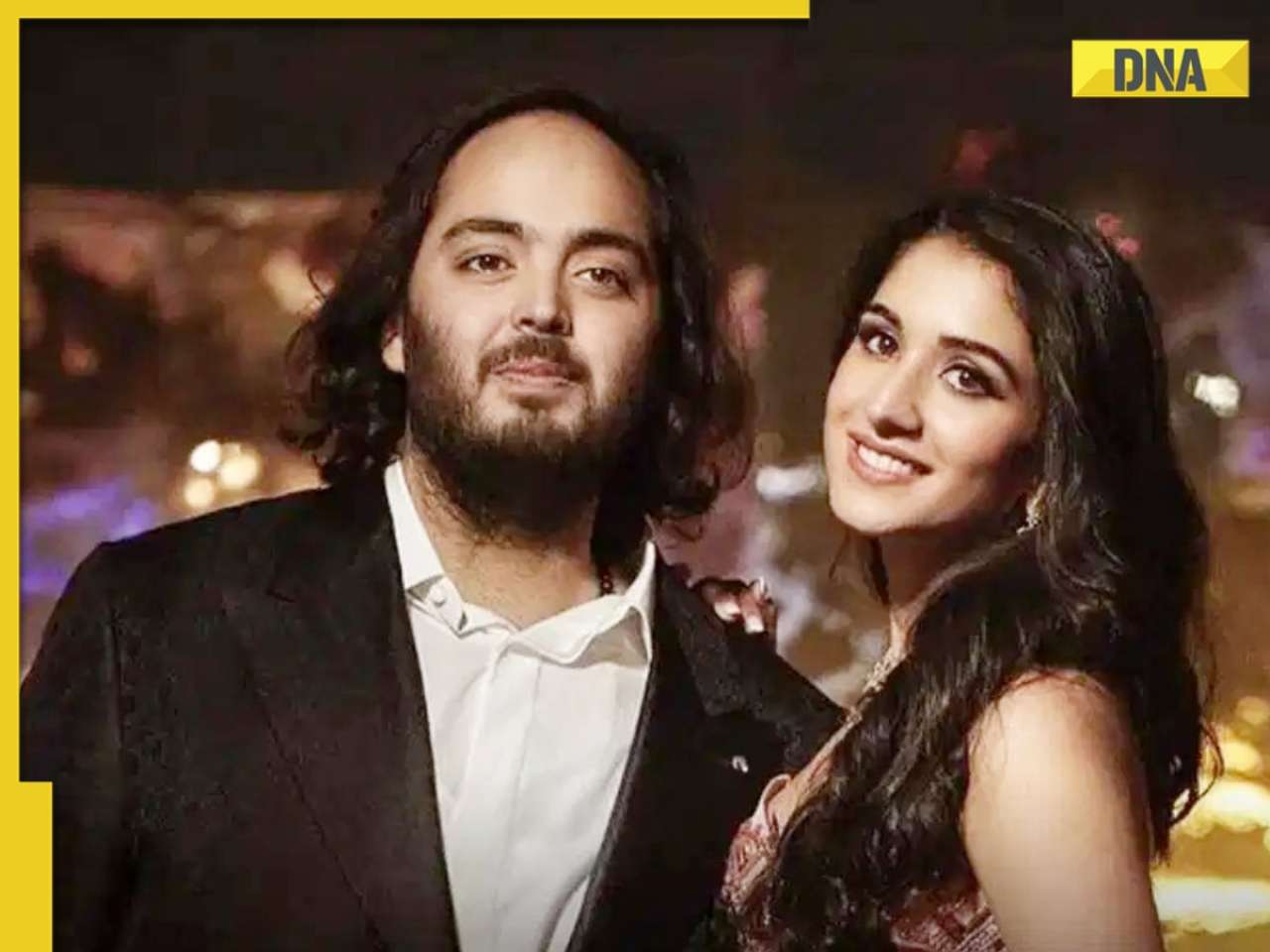

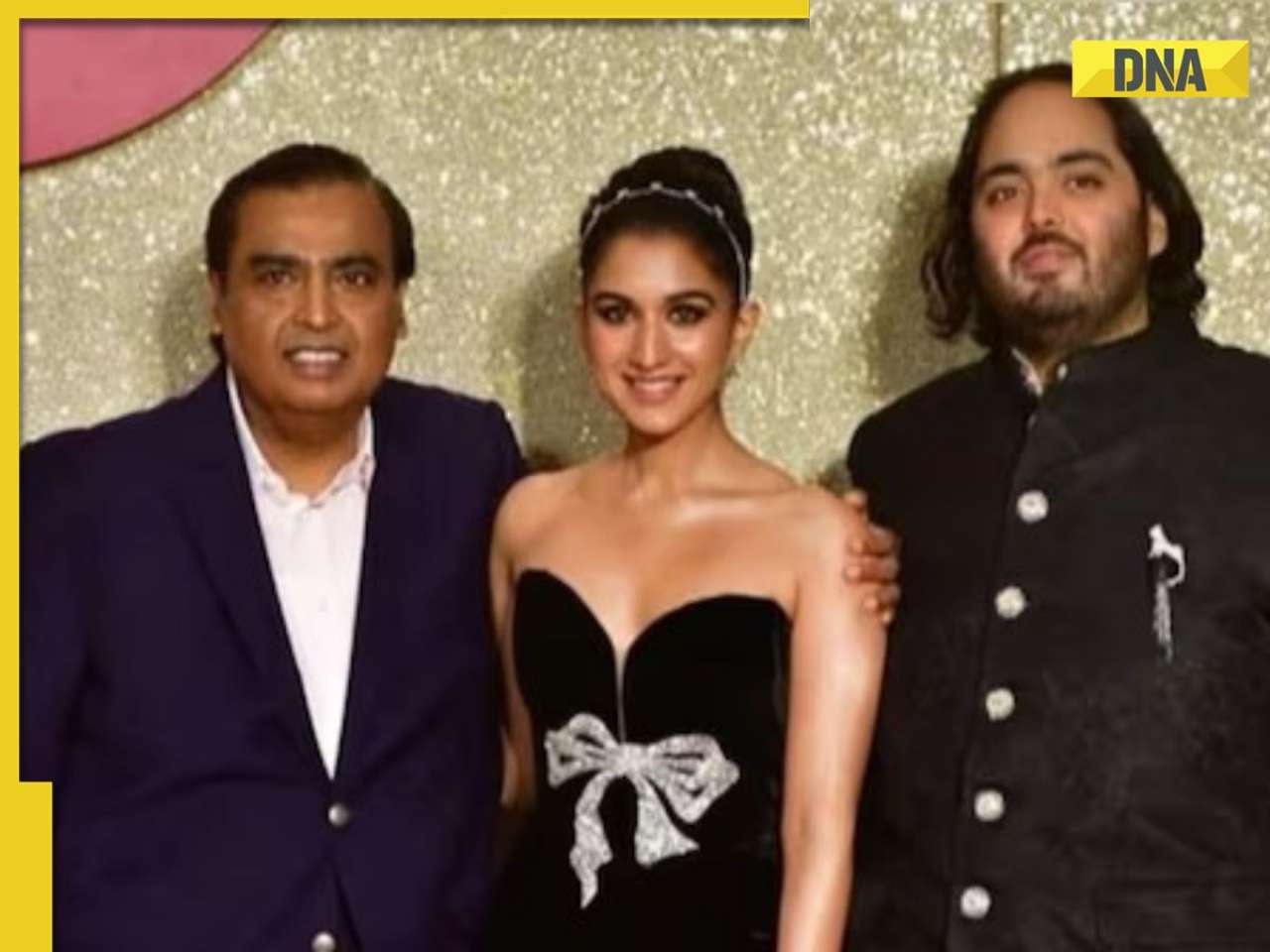

)
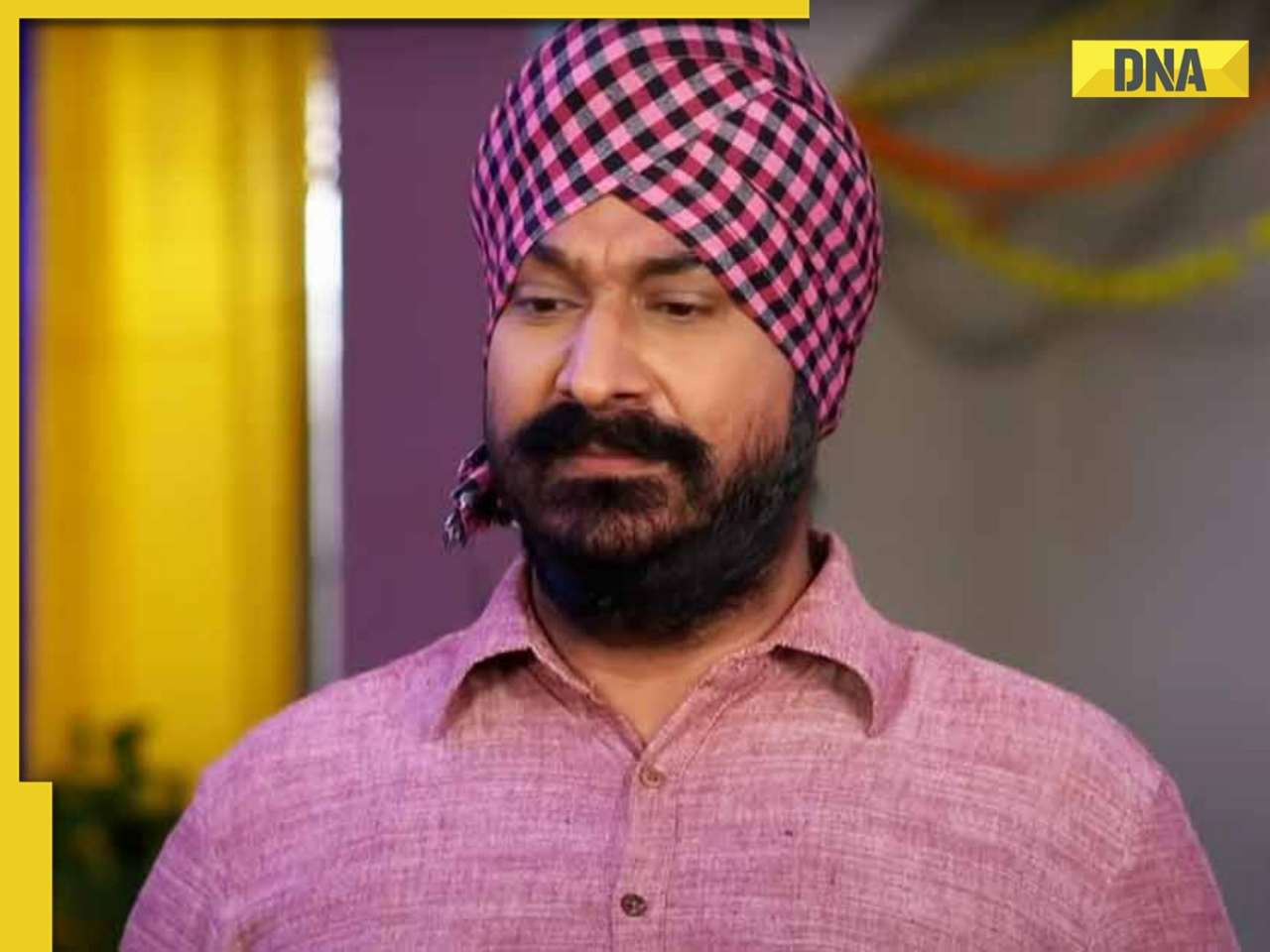

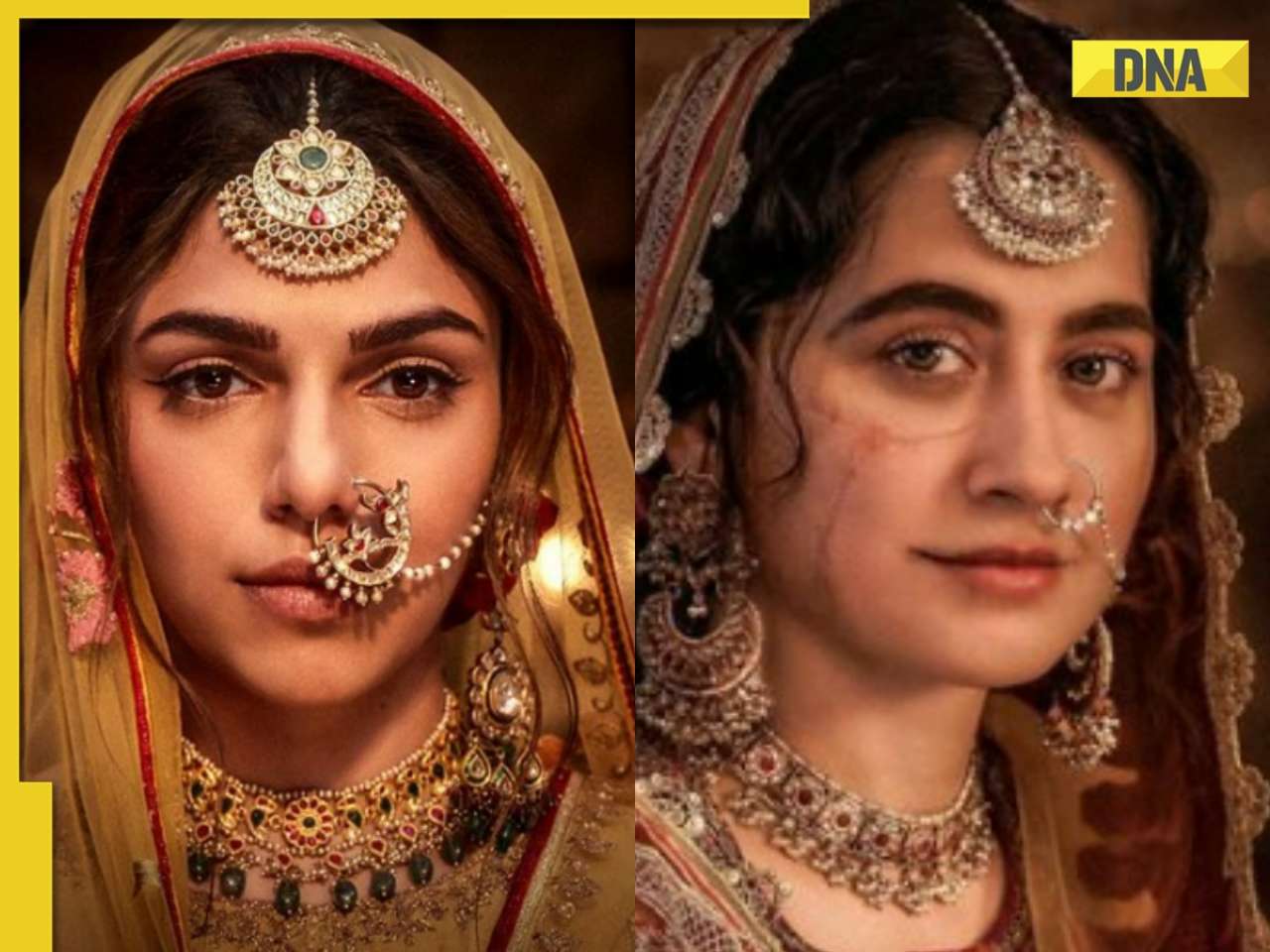


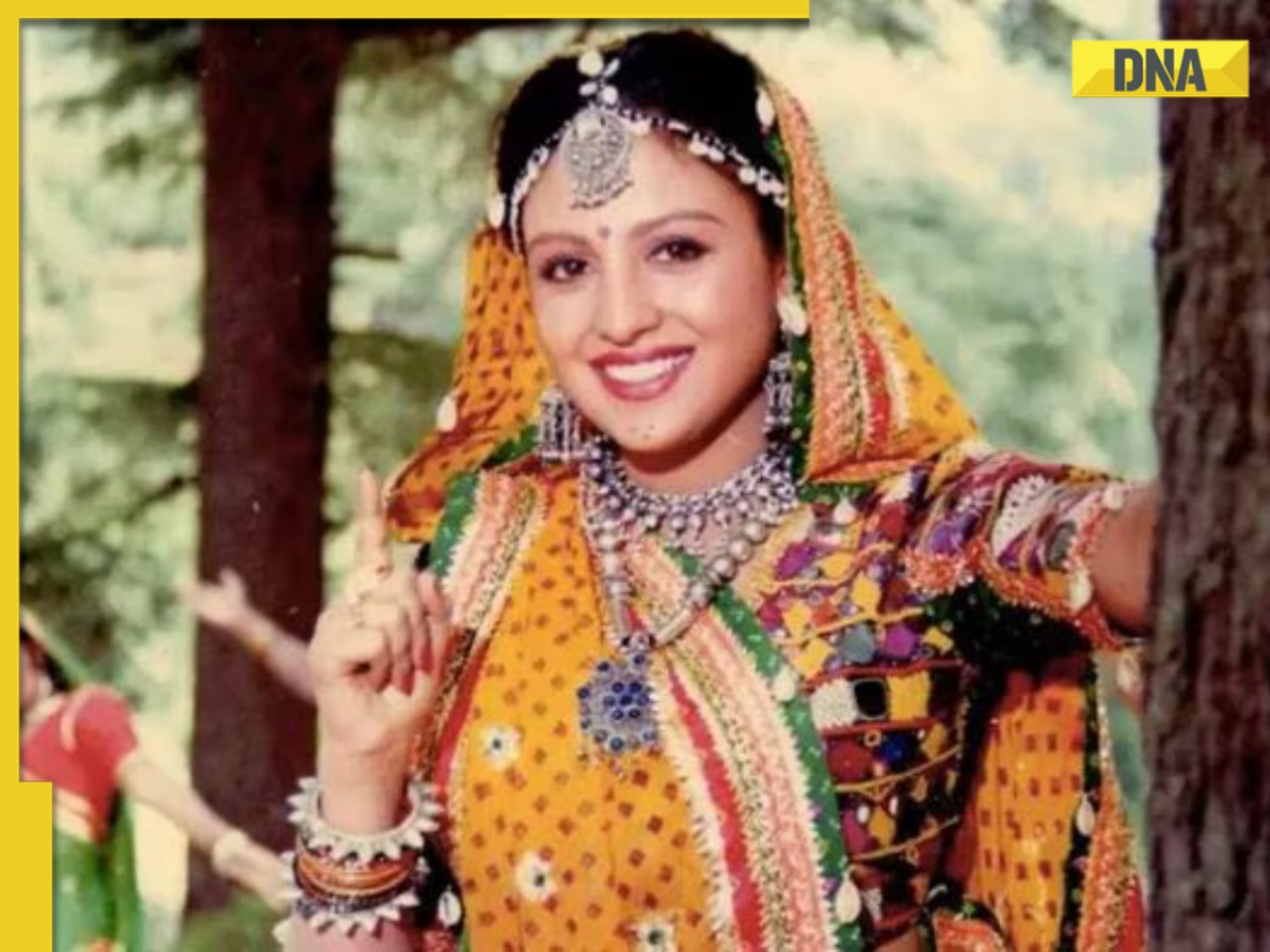




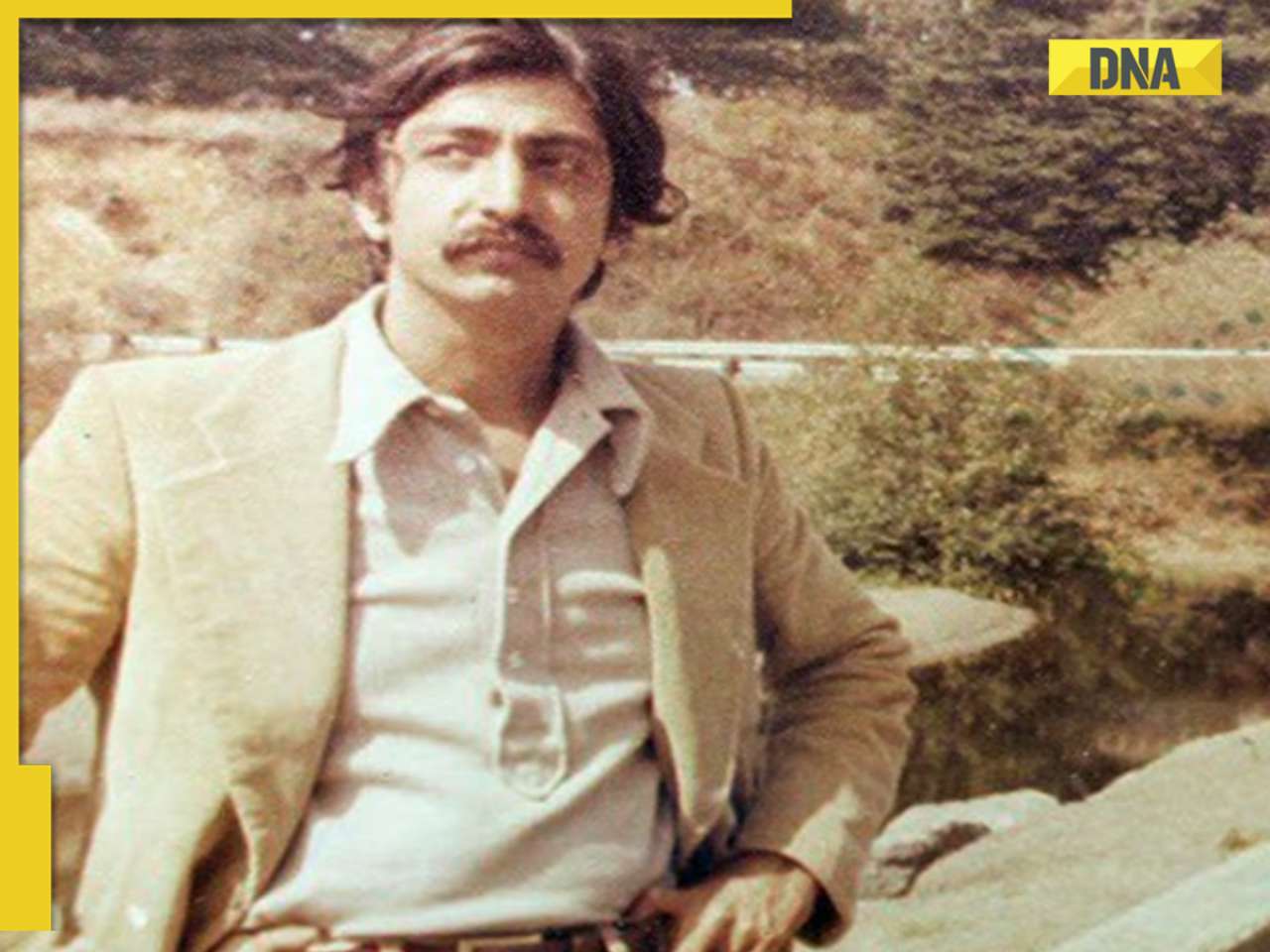
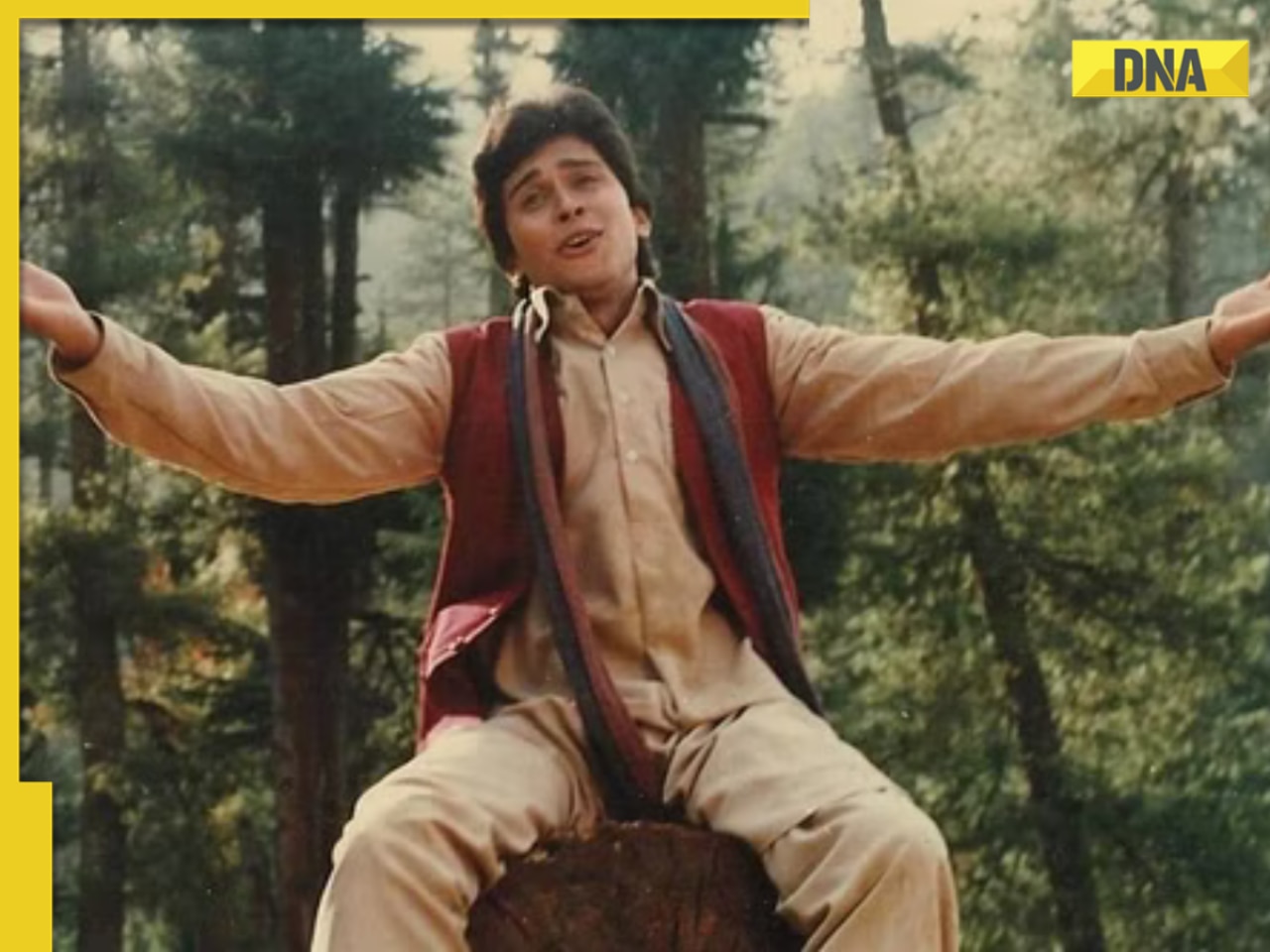
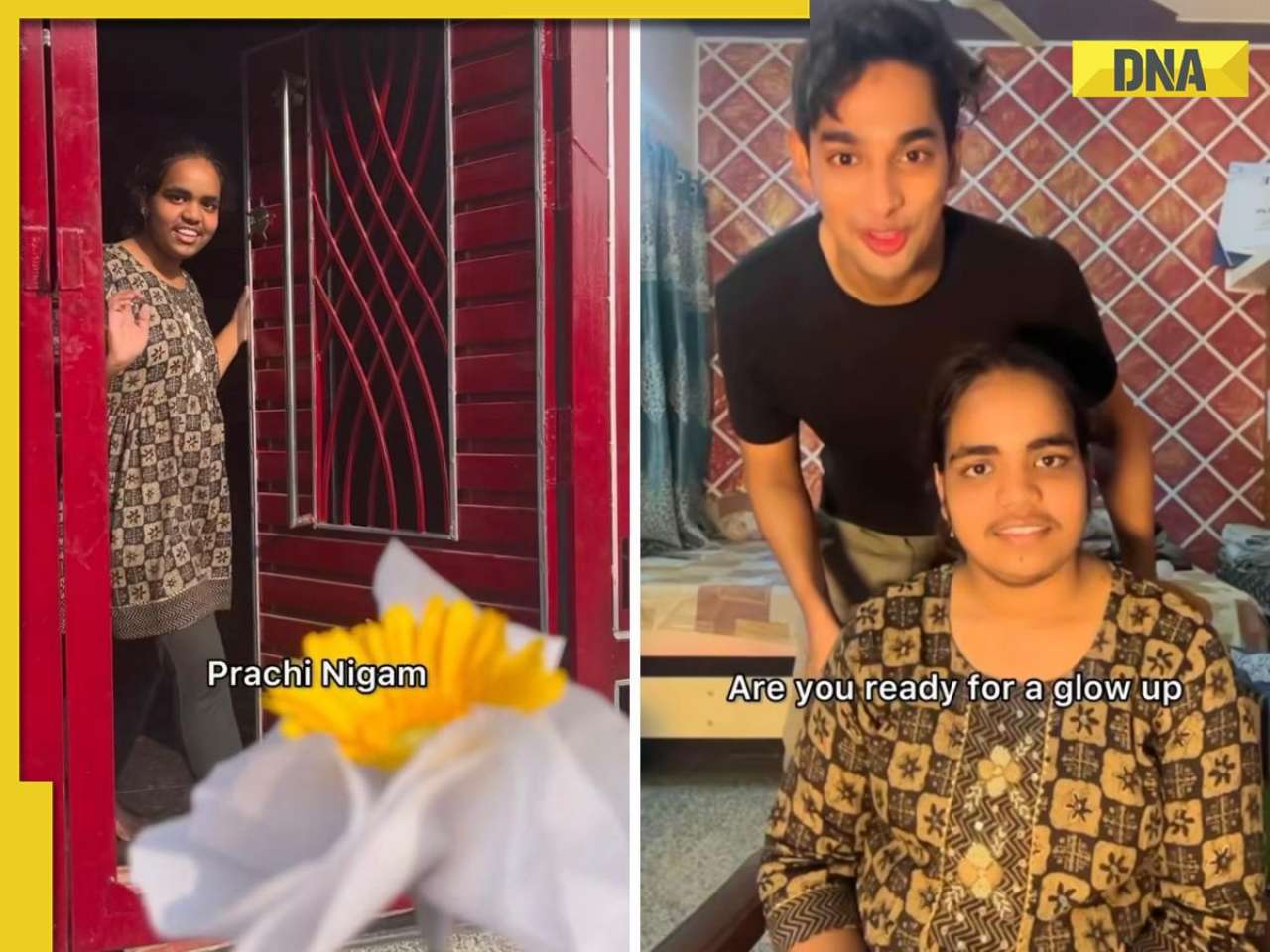
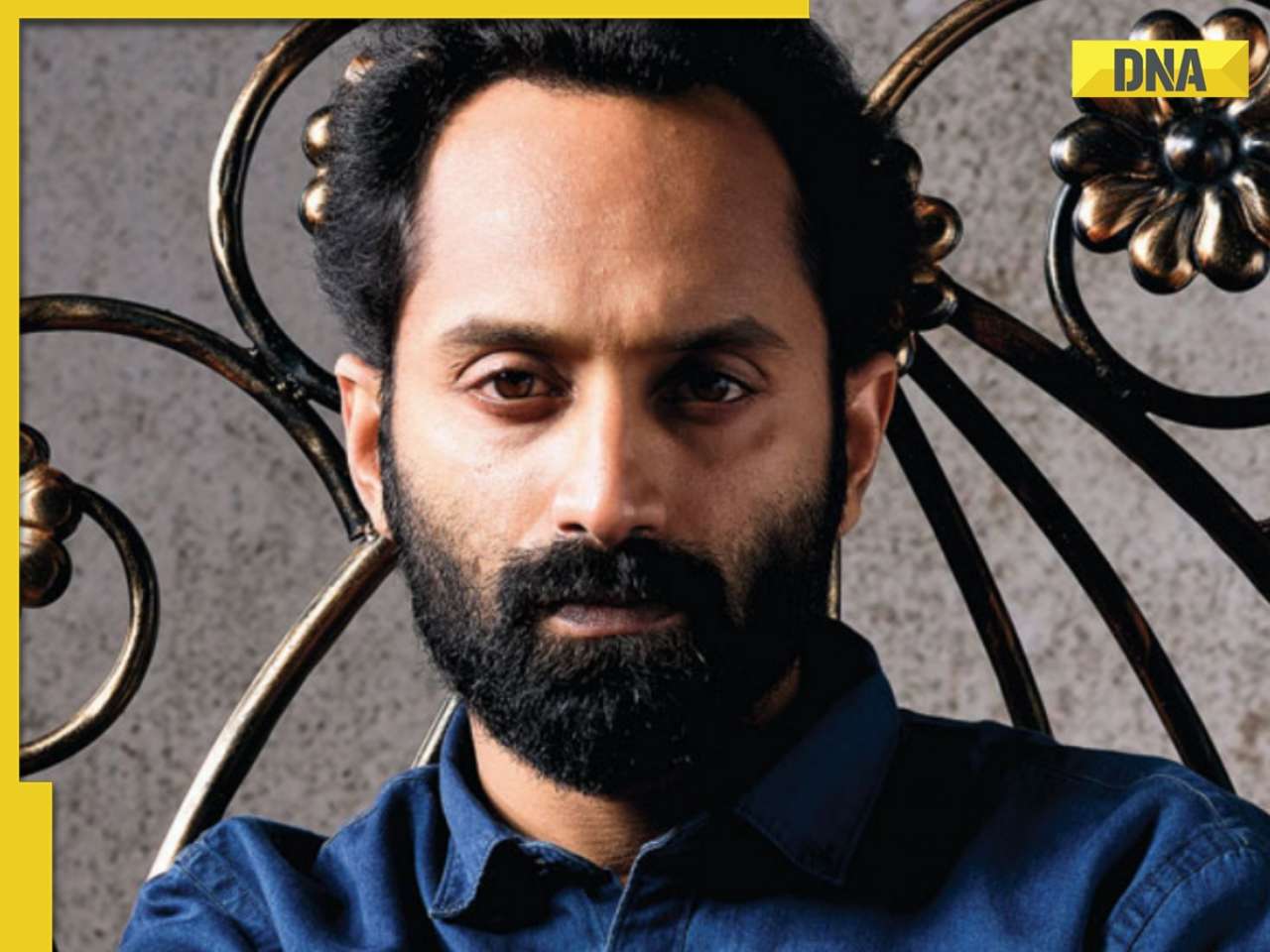




)
)
)
)
)
)